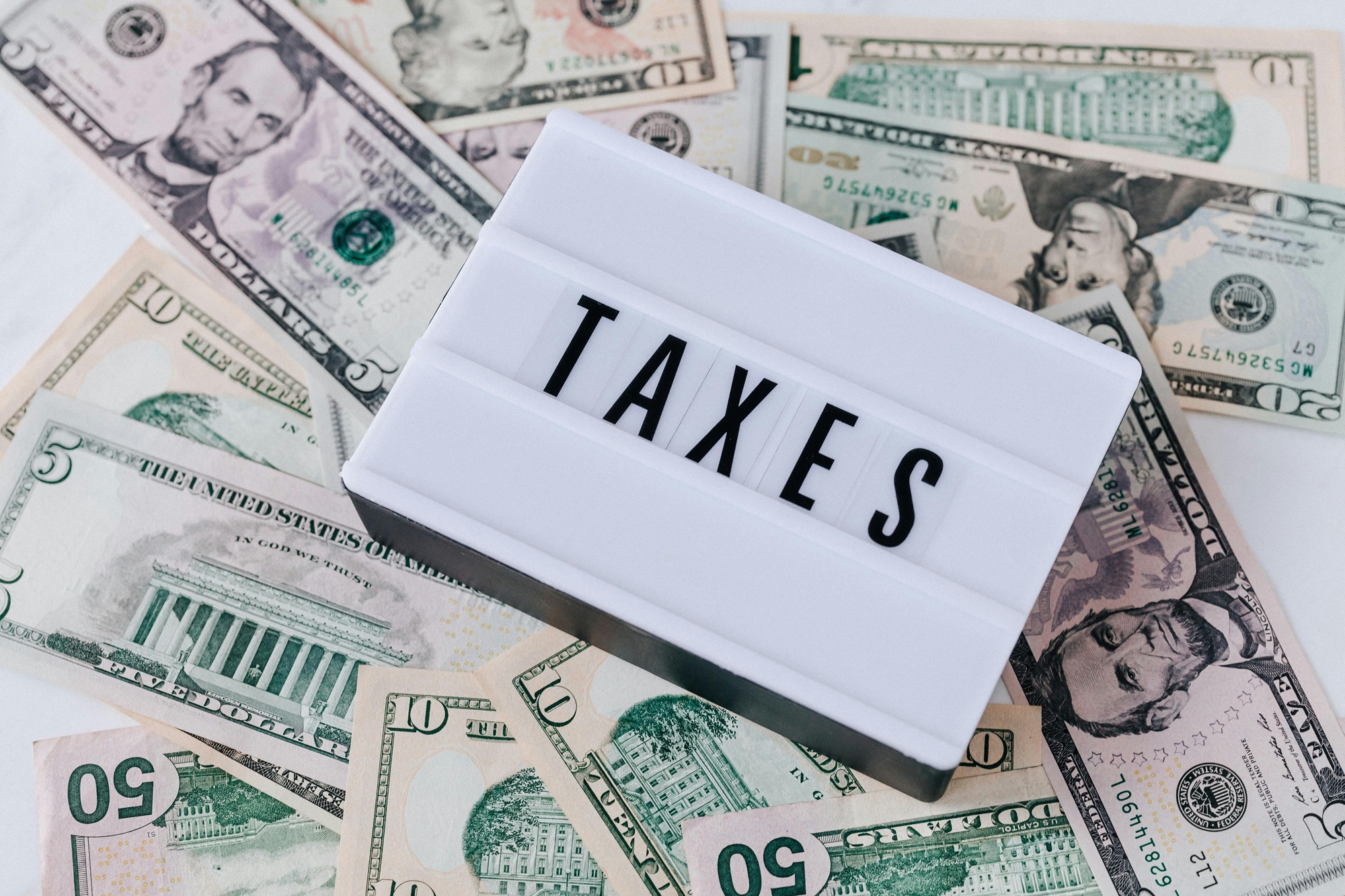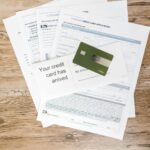
Taxes for Dummies: A Friendly Guide to Understanding Your Taxes
Let’s face it, taxes can seem like a confusing mess of numbers, forms, and jargon. If you’re feeling a bit overwhelmed about how taxes work in the UK, don’t worry – you’re not alone. That’s why we’ve put together this simple, straightforward guide on taxes for dummies. By the end, you’ll have a better grasp of the basics, and maybe even feel a little more confident when it’s time to file your return.
What Are Taxes?
In simple terms, taxes are money you pay to the government to help fund public services like healthcare, education, roads, and more. Whether you’re employed, self-employed, or even retired, you’ll likely pay some form of tax. Understanding the different types of taxes and how they work is key to managing your finances and avoiding surprises.
Types of Taxes You Should Know About
1. Income Tax
This is the most common type of tax for most people. It’s deducted from your salary if you’re employed, or you might need to pay it directly if you’re self-employed. Income tax rates vary depending on how much you earn, with a personal allowance (currently £12,570 per year) that you don’t pay tax on. Anything above that is taxed at different rates: basic, higher, and additional.
2. National Insurance (NI)
National Insurance contributions help fund state benefits like the NHS and state pension. If you’re employed, your employer automatically deducts NI from your wages. Self-employed people pay their own NI via Class 2 and Class 4 contributions.
3. Value Added Tax (VAT)
If you run a business with a turnover over £85,000, you’ll need to register for VAT. It’s a tax added to most goods and services, which you then pass on to HM Revenue & Customs (HMRC). For most consumers, it’s included in the price.
4. Capital Gains Tax
If you sell assets like property or shares and make a profit, you might need to pay Capital Gains Tax. The UK has an annual exemption, so small gains might be tax-free.
How Do Taxes Work in the UK?
Most employed folks have their taxes deducted automatically through a system called PAYE (Pay As You Earn). This makes life easier because you don’t have to worry about paying your taxes separately. Self-employed or those with additional income sources need to complete a Self Assessment tax return each year by 31 January.
Tips for Navigating Taxes for Dummies
- Keep organised records: Save receipts, payslips, and bank statements in a dedicated folder. It makes filling out your tax return much easier.
- Use online tools: HMRC’s website offers helpful guides and calculators to estimate your taxes.
- Know your deadlines: The Self Assessment deadline is 31 January, so don’t leave it until the last minute!
- Get professional advice if needed: For complicated situations, consulting an accountant can save you time and money.
Final Thoughts
Understanding taxes for dummies doesn’t mean you need to become a tax expert overnight. The key is to stay informed, keep good records, and seek help when needed. Remember, paying taxes is part of being a responsible citizen and helps keep our country running smoothly. So, the next time you hear the word “taxes,” you can smile knowing you’ve got the basics covered!












